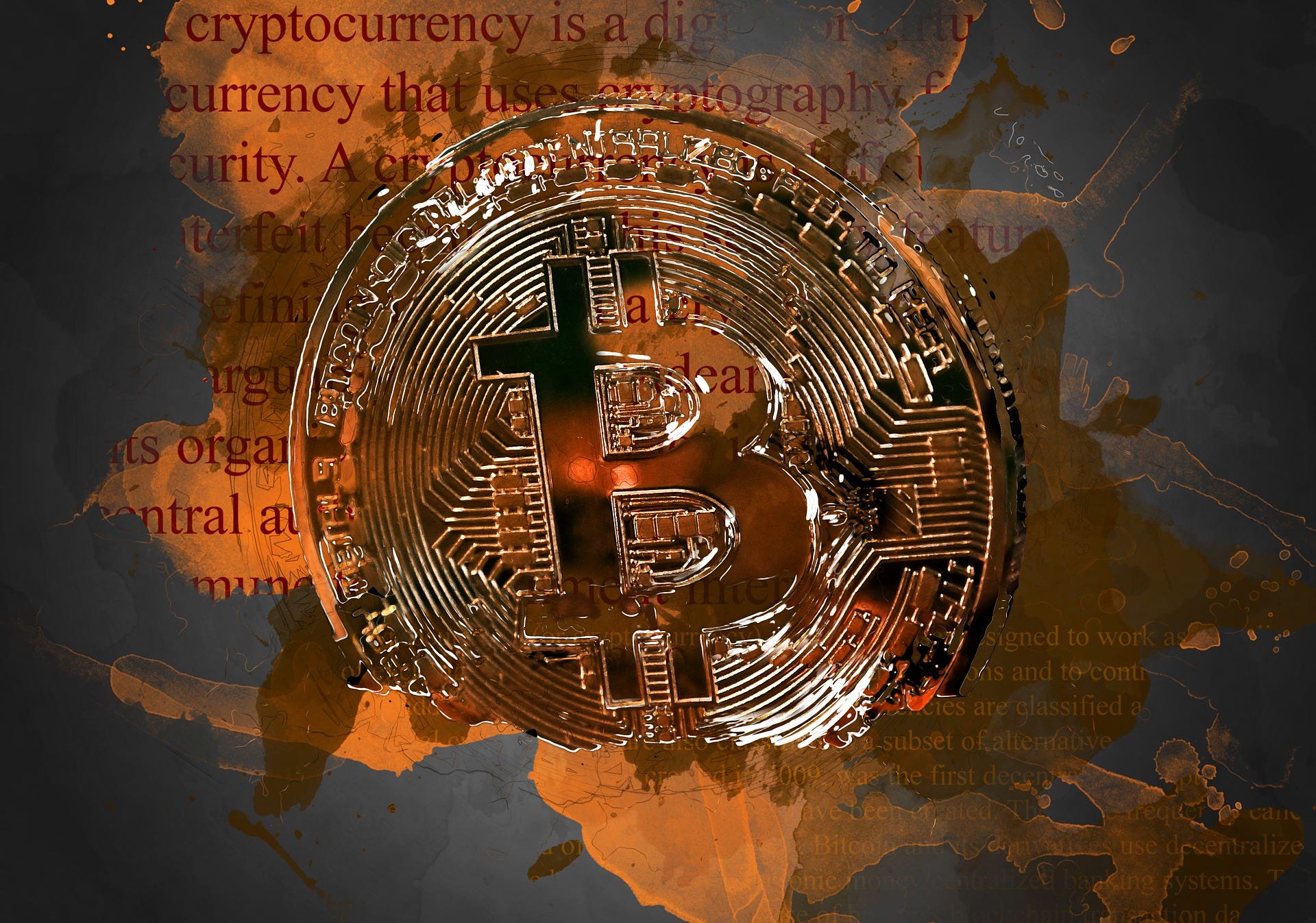PALO ALTO, Calif. (Reuters) - The Federal Reserve is looking at a broad series of issues around digital payments and currencies, consisting of policy, style and legal factors to consider around potentially providing its own digital currency, Governor Lael Brainard said on Wednesday. Brainard's remarks suggest more openness to the possibility of a Fed-issued digital coin than in the past." By transforming payments, digitalization has the potential to deliver higher value and convenience at lower expense," Brainard stated at a conference on payments at the Stanford Graduate School of Business.
Reserve banks globally are discussing how to manage digital financing technology and the dispersed ledger systems used by bitcoin, which assures near-instantaneous payment at potentially low expense. The Fed is developing its own round-the-clock real-time payments and settlement service and is presently reviewing 200 remark letters sent late last year about the proposed service's design and scope, Brainard said.
Less than two years ago Brainard informed a conference in San Francisco that there is "no compelling showed need" for such a coin. But that was prior to the scope of Facebook's digital currency aspirations were widely known. Fed authorities, including Brainard, have actually raised concerns about customer defenses and data and personal privacy threats that might be postured by a currency that might enter into use by the 3rd of the world's population that have Facebook accounts.
" We are teaming up with other main banks as we advance our understanding of reserve bank digital currencies," she said. With more countries checking out providing their own digital currencies, Brainard stated, that contributes to "a set of factors to likewise be ensuring that we are that frontier of both research and policy development." In the United States, Brainard said, issues that need research study consist of whether a digital currency would make the payments system safer or simpler, and whether it might posture monetary stability threats, consisting of the possibility of bank runs if money can be turned "with a single swipe" into the reserve bank's digital currency.
To counter the monetary damage from America's extraordinary nationwide lockdown, the Federal Reserve has actually taken unmatched steps, including flooding the economy with dollars and investing straight in the economy. The majority of these moves got grudging approval even from lots of Fed skeptics, as they saw this stimulus as needed and something just the Fed could do.

My brand-new CEI report, "Government-Run Payment Systems Are Unsafe at Any Speed: The Case Versus Fedcoin and FedNow," details the threats of the Fed's current prepare for its FedNow real-time payment system, and proposals for central bank-issued cryptocurrency that have actually been dubbed Fedcoin or the "digital dollar." In my report, I go over issues about personal privacy, data security, currency manipulation, and crowding out private-sector competitors and innovation.
Supporters of FedNow and Fedcoin say the government needs to develop a system for payments to deposit instantly, instead of encourage such systems in the personal sector by raising regulative barriers. However as noted in the paper, the economic sector is supplying an apparently unlimited supply of payment innovations and digital currencies to resolve the problemto the extent it is a problemof the time gap between when a payment is sent and when it is gotten in a savings account.
And the examples of private-sector innovation in this area are lots of. The Clearing Home, a bank-held cooperative that has been routing interbank payments in numerous kinds for more than 150 years, has been clearing real-time payments since 2017. By the end of 2018 it was covering 50 percent of the deposit base in the U.S.